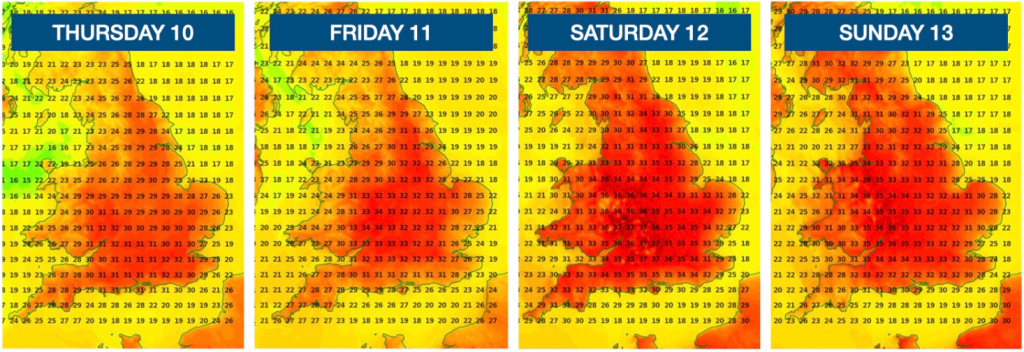
An exceptional heatwave is set to engulf the United Kingdom on Saturday, July 12, 2025, bringing extreme temperatures rarely observed on the British Isles. Forecasts from the Met Office indicate that England will face temperatures exceeding 37 °C, while Scotland may reach up to 32 °C, levels that are historically rare, especially in northern regions.
Across southeast and central England, temperatures are forecast to reach or exceed 36 to 37 °C, potentially nearing previous UK heat records. London, Essex, Cambridgeshire, and Kent are expected to experience the highest intensities, with inland areas most at risk of exceeding 37 °C. In Scotland, cities such as Glasgow, Stirling, and Perth may see unprecedented highs around 32 °C, bringing a serious challenge to infrastructure, health systems, and agriculture.
The UK Health Security Agency has issued Heat-Health Alerts for southern and central England, urging caution for vulnerable groups including the elderly, children, and people with chronic illnesses. Officials are advising the public to stay indoors during peak hours, use ventilation and shade, and remain hydrated throughout the day. Public services are on alert, with ambulance services, hospitals, and local councils preparing for increased heat-related incidents.
This heatwave follows a series of increasingly intense summer events observed in the UK over the past decade. The current pattern bears resemblance to major events in 2018, 2022, and 2023, but is notable for its northern extent, affecting Scotland and parts of Northern Ireland. Unlike previous episodes which concentrated heat in southern areas, this wave brings widespread high temperatures north of the Midlands.
Meteorologists warn that prolonged exposure to such heat could lead to infrastructure strain, including rail disruption, power grid instability, and road damage due to melting tarmac. Water suppliers have raised the possibility of temporary usage restrictions, with hosepipe bans already considered in regions experiencing reduced reservoir levels.
In urban environments, the urban heat island effect is expected to exacerbate nighttime temperatures, with overnight lows not falling below 22–24 °C in cities such as London, Birmingham, and Manchester. These tropical nights reduce the body’s ability to recover, increasing heat stress and fatigue.
Looking forward, forecasts suggest that the heat will persist into Sunday, with gradual cooling expected by early next week as an Atlantic trough approaches from the west. However, the risk of severe thunderstorms may follow the breakdown of the heat, posing flash flood threats especially in urban zones.
The July 12 heatwave could be one of the most significant temperature peaks in UK history, prompting questions about climate resilience, emergency preparedness, and long-term planning under the pressure of climate change.

Source: Your Southend / X

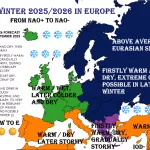
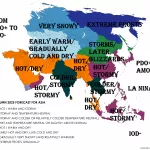

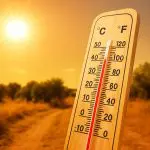
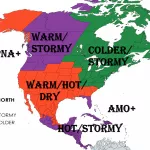
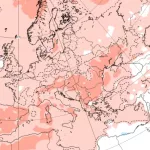
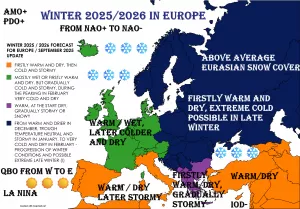
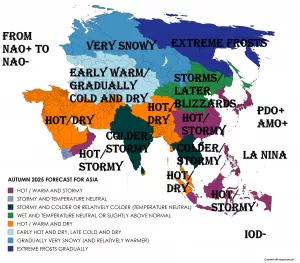

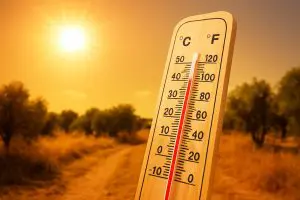
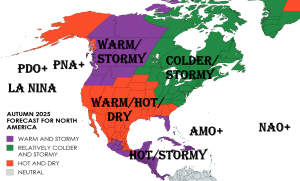
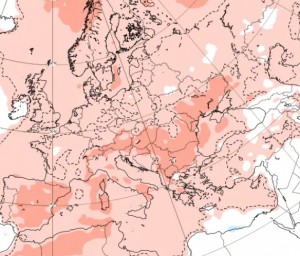




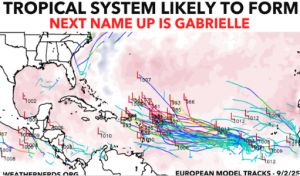

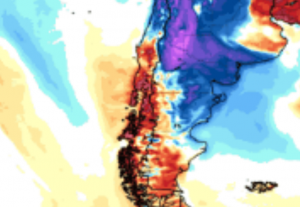

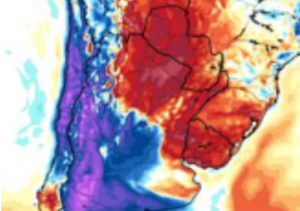




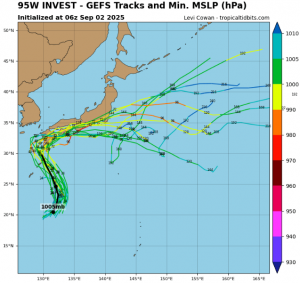
1 thought on “Heatwave in the UK: England should see very rarely +36/+37°C, Scotland +31/32°C on Saturday, July 12th 2025”
Comments are closed.